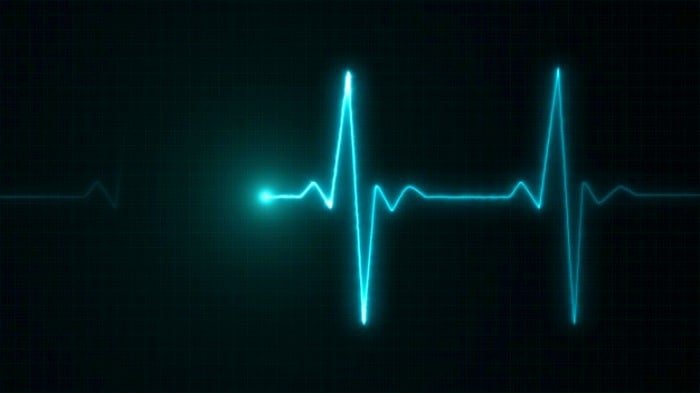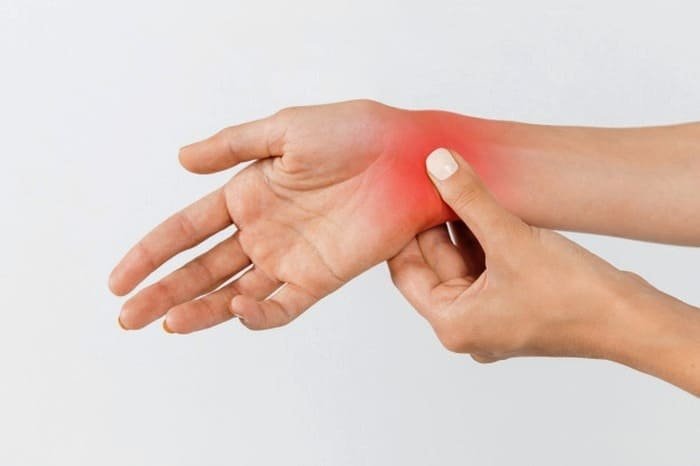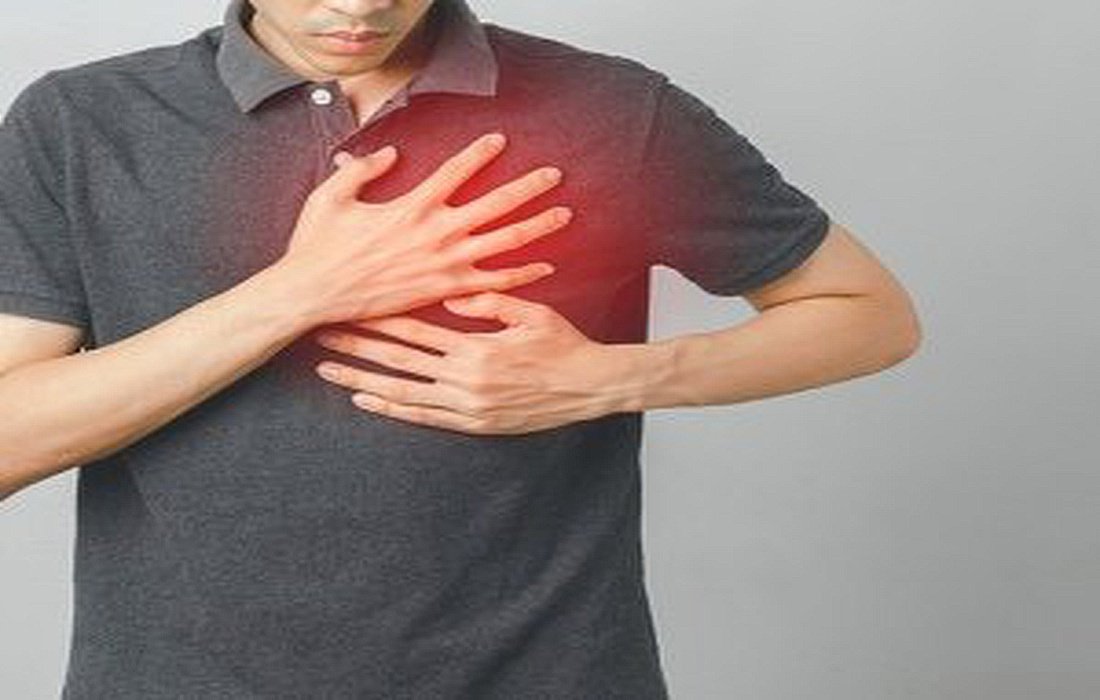CauseHeart AttackAnd Prevention Methods
A heart attack occurs when blood flow to the heart is blocked. This blockage is usually caused by fat, cholesterol, and other substances that create plaque in the arteries feeding the heart (coronary arteries). The plaque eventually breaks, forming a clot; stopped blood flow can damage or destroy part of the heart.
A heart attack, known as a myocardial infarction, can be fatal, but treatment has significantly improved over the years. If you think you are having a heart attack, it is essential to call 115 or seek emergency help.

Symptoms and signs of a heart attack include:
- Pressure
- Shortness of breath
- Pain
- or a feeling of pressure in your chest or arms, which may also reach your neck, jaw, or back.
- Nausea
- Indigestion
- Heartburnor abdominal pain
- Cold sweat
- Fatigue
- Dizziness orlightheadednesssuddenly.

Heart attack symptoms vary, and not everyone experiences the same symptoms or intensity. Some may experience less pain, while others have more intense discomfort.
Some individuals may show no symptoms, while for others, the first sign could be a sudden heart attack. More symptoms and signs increase the likelihood of a heart attack.
Some heart attacks happen suddenly, but many people may have warning signs hours, days, or even weeks beforehand;
The first warning may be pain or pressure in the chest (angina), caused bystressthat subsides with rest. Angina stems from a temporary reduction in blood flow to the heart.
When to see a doctor:
Act immediately upon noticing symptoms; some people wait too long because they do not recognize important signs. Follow these steps:
Call for emergency help; if you think you are having a heart attack, do not hesitate. Immediately contact 115 or your local emergency number. If you cannot access emergency services, have someone take you to the nearest hospital.
Only self-transport as a last resort, as your condition could worsen. Driving yourself endangers both you and others.

Use aspirin only if prescribed by a doctor for a heart attack.AspirinTake it:
Taking aspirin during a heart attack can reduce heart damage by preventingblood clotting.Aspirin can interact with other medications, so do not take it unless recommended by a doctor or emergency medical personnel.

If you see someone who may be having a heart attack, what should you do?
If someone is unconscious and you suspect a heart attack, first call emergency services, then check if the person is breathing. If they are not breathing or do not have a pulse, start artificial respiration to maintain blood flow.
Apply hard and fast pressure on the person’s chest at a rate of about 100 to 120 compressions per minute. If you are trained in artificial respiration, doctors recommend doing chest compressions only; you can clear the airway and perform rescue breathing.

A heart attack occurs when one or more of your coronary arteries become blocked. Over time, one coronary artery can narrow due to the buildup of substances, including cholesterol (atherosclerosis). This condition, known as coronary artery disease, causes most heart attacks.
During a heart attack, one of these plaques can release cholesterol and other substances into the bloodstream, forming a blood clot at the rupture site. If large enough, the clot can block a coronary artery, depriving heart muscle of oxygen and nutrients (ischemia).

What causes a heart attack?
You may have partial or complete blockage. Complete blockage means you are experiencing a myocardial infarction with elevation. Partial blockage means you have a myocardial infarction without elevation. Diagnosis and treatment procedures might vary depending on what you experience.
Another reason for heart attacks is the spasm of coronary arteries, which restrict blood flow to a portion of the heart muscle. Tobacco use and illicit drugs like cocaine can trigger life-threatening spasms.

Some factors cause unwanted fat deposits (atherosclerosis) that restrict arteries throughout your body; you can improve or eliminate many of these risk factors to reduce your chances of a heart attack.
Heart attack risk factors include:
Age:
Men over 45 or women over 55 are more likely to experience heart attacks than younger individuals.
Tobacco:
This includes smoking and long-term exposure to smoke.

High blood pressure:
Over time, high blood pressure can damage the arteries that supply blood to your heart.High blood pressurethat occurs with other conditions like obesity, high cholesterol, ordiabetesincreases your risk.
High blood cholesterol ortriglyceride levels:
High levels of LDL cholesterol (the “bad” cholesterol) are likely to restrict arteries. High triglyceride levels, a type of blood fat related to your diet, also increase the risk of heart attack. However, high levels of HDL cholesterol (the “good” cholesterol) reduce the risk of heart attack.Obesity:Obesity is associated with high cholesterol levels, elevated triglycerides, high blood pressure, and diabetes; losing just 10% of your body weight can lower this risk.

Diabetes:
Inadequate production of insulin (a hormone secreted by your pancreas) or improper response to insulin raises your body’s
Metabolic syndrome:
This occurs when you have obesity, high blood pressure, and high blood sugar. Having metabolic syndrome doubles your risk of heart disease if you do not have it.

Family history of heart attack:
If your siblings, parents, or grandparents have had early heart attacks (age 55 for male relatives and 65 for female relatives), you may be at increased risk.
Lack of physical activity:
Inactivity raises blood cholesterol levels and contributes to obesity. People who exercise regularly lower their cardiovascular risks, including high blood pressure.
Stress:
You may respond to situations in ways that increase your heart attack risk.

Drug use:
Using stimulants like cocaine or amphetamines can cause your coronary arteries to spasm, leading to heart attacks.
History of preeclampsia:
This condition causes high blood pressure during pregnancyand increases the risk of heart disease.
A certain immune condition:
Having a disease like arthritis orjoint inflammationcan increase the likelihood of a heart attack.

The complications from heart damage during an attack can lead to:
Abnormal heart rhythms (arrhythmias):
“Short circuits” in the electrical system can develop, causing abnormal heart rhythms, some of which can be serious or even deadly.
Heart failure:
A heart attack may damage heart tissue, rendering the remaining heart muscle incapable of pumping enough blood. Heart failure can be temporary or a chronic condition resulting from ongoing damage to your heart.

Sudden cardiac arrest:
Without warning, your heart may stop due to electrical disturbances that cause disarray. Heart attacks increase the risk of sudden cardiac arrest, which could be fatal without immediate treatment.
It’s never too late to prevent a heart attack—even if you’ve had one before, in this health section ofSelMagzthere are ways to prevent a heart attack.
Medications:
Taking medications can reduce the risk of another heart attack and help improve the function of damaged heart tissue; continue what your doctor prescribes and ask them how long you should be monitored.
Lifestyle changes:
- Maintain a healthy weight with a healthy diet
- Avoid smoking
- Regular exercise
- Manage stress and control conditions that may lead to a heart attack, such as high blood pressure, high cholesterol, and diabetes.

Can vitamins help prevent heart attacks?
Does taking vitamins assist in preventing heart disease or heart attacks?
It remains unclear whether taking vitamins reduces the risk of heart disease or heart attacks, but it is evident that if you fail to control other risk factors, such as poor diet, smoking, high cholesterol, and diabetes, no vitamin can prevent the onset of heart diseases.

Previous studies have indicated that some vitamins, likeVitamin Cand E, may reduce the risk of heart disease, but large clinical trials have shown their effectiveness. However, a recent study revealed thatVitamin Ewhen taken alone, may help prevent heart attacks.
There is also evidence suggesting a link between low vitamin D levels and heart disease, but more research is needed. If you are concerned about yourvitamin Dlevels, talk to your doctor.
Most people who are generally healthy and obtain necessary nutrients from their diet do not need daily vitamin supplements. Even a daily multivitamin does not seem to prevent heart disease.

If you are worried about your nutrition, discuss with your doctor about a daily vitamin that might suit you, or better yet,add nutrient-richfoods like vegetables and fruits, plant oils or seed oils, whole grains, and at least two servings of fish per week to your diet to protect your heart.








